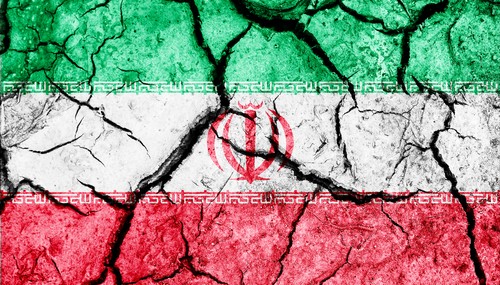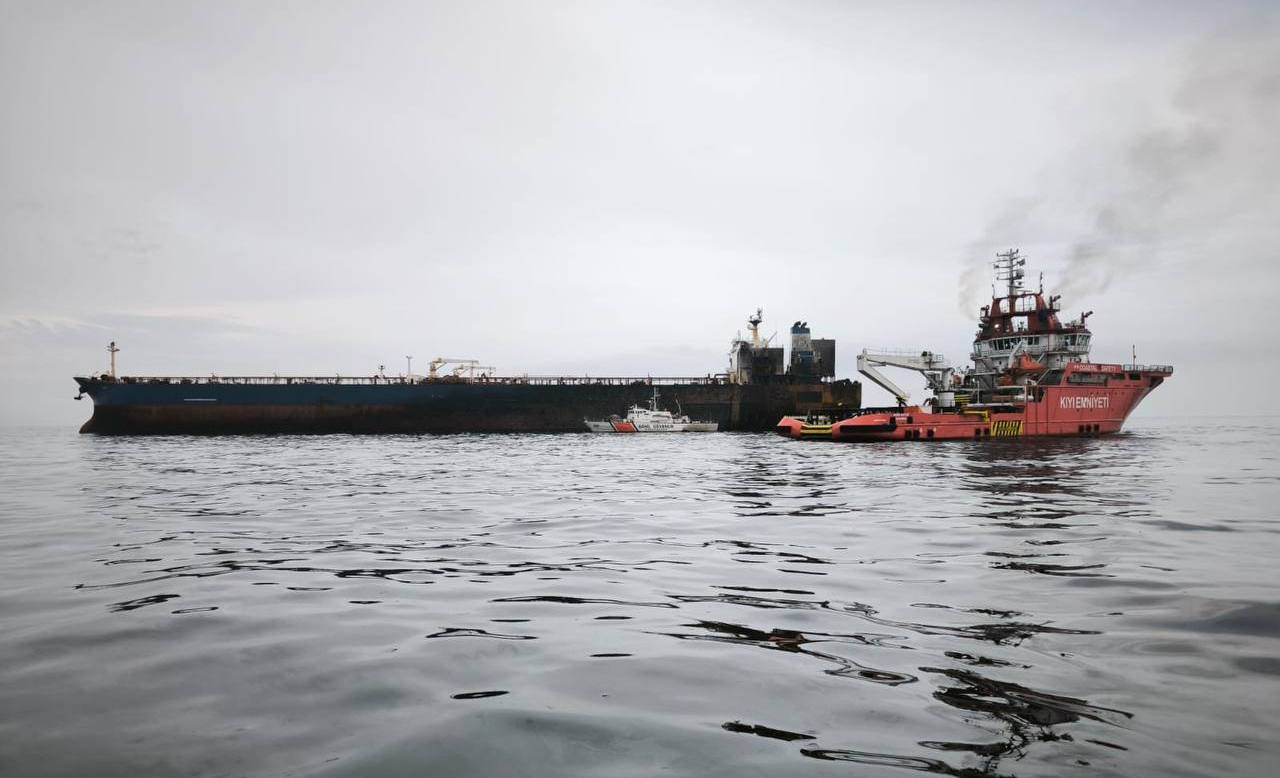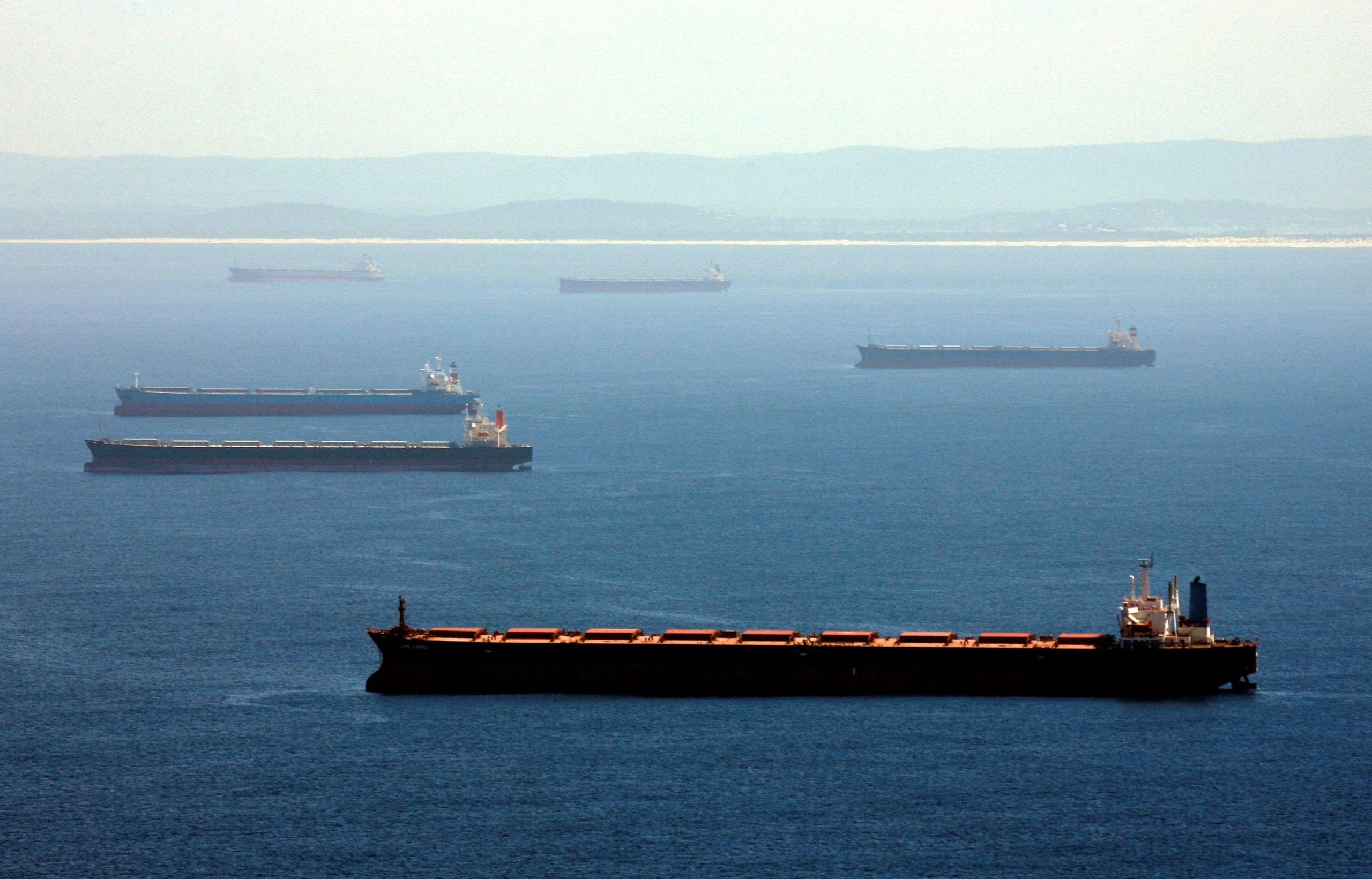 By Jonathan Saul and Nidhi Verma
By Jonathan Saul and Nidhi Verma
LONDON/NEW DELHI, May 7 (Reuters) – Foreign container shipping lines are giving up on Iranian business ahead of new U.S. sanctions in July, dealing a further blow to Tehran’s vital seaborne trade.
Iran’s economy is already reeling from the effect of measures imposed by the West to curb Tehran’s nuclear programme. Its currency has lost two thirds of its value since late 2011, inflation is soaring, and unemployment is rising fast as manufacturing, starved of parts and international finance, has contracted.
Many of Iran’s imports, including food and consumer goods, arrive on container, bulker and other ships. Feeder services, which transport ship containers to Iran especially from larger ports in the United Arab Emirates, are also used.
The US National Defense Authorization Act (NDAA), which comes into effect on July 1, blacklists Iran’s shipping, shipbuilding, energy and ports management sectors. While it has an explicit exemption for food, medicine and other humanitarian goods, foreign shipping firms are pulling out to avoid falling foul of its provisions.
“Iran will become increasingly dependent on feeder services from nearby Gulf states for the import of its goods as major container shipping companies become ever more wary of transgressing against the numerous sanctions,” said Daniel Richards, with Business Monitor International (BMI).
Kuwait-headquartered United Arab Shipping Co (UASC), which is among the world’s biggest 20 container lines, said last month it had suspended all services to and from Iran.
“We now find ourselves in the peculiar situation where even if we are carrying non-sanctioned cargo to non-sanctioned entities, the cargo will eventually have to be handled by a party which the US government considers as providing financial support to a sanctioned party,” it said.
In a company memo seen by Reuters, UASC added: “With the passing of the NDAA … the difficulties in shipping cargo to and from Iran have only increased.”
Mark Dubowitz, who has advised President Barack Obama’s administration and US lawmakers on sanctions, said container lines transporting humanitarian goods would not face measures.
“You may be seeing a short period of adjustment as these companies seek clarity on the new rules, but this trade should face minimal disruption,” he said. “The container lines can operate easily under the broad humanitarian exemptions available in every sanctions law.”
Nevertheless, companies are uncomfortable. Dubai-based Simatech Shipping said this month it would cut services to and from Iran from June because of the new sanctions.
A spokesman with Hong Kong-headquartered Orient Overseas Container Line said its feeder service to Iran from the UAE would cease from June after ending direct business from Asia two years ago. A source at Hong Kong’s Wah Hai Lines said it would no longer send its vessels to Iran.
APL, the container unit of Singapore’s Neptune Orient Lines, said it would ensure “all applicable regulations governing shipments to Iran are adhered to.”
PORT VOLUMES HIT
Iran’s cargo trade has already faced earlier ruptures after the United States in 2011 blacklisted major Iranian port operator Tidewater Middle East Co, which operates seven terminals in the country including the biggest container port Bandar Abbas.
Tougher conditions led to AP Moller-Maersk’s Maersk Line, the world’s biggest container company, pulling out entirely from Iran last year, joining an exodus including the world’s number two and three MSC and CMA CGM and smaller groups like Germany’s Hapag-Lloyd.
BMI forecast annual container throughput growth at Bandar Abbas would average 2.7 percent between 2013 and 2017, below the 13 percent average between 2007 and 2011 before sanctions took their toll.
India’s exports to Iran could also be hurt because of the new measures. A source at TransAsia, based in India, told Reuters the company would not go to Bandar Abbas from July. Three Indian freight forward firms, which declined to be identified, said separately they were finding it difficult to arrange vessels from July for journeys from India to Iran.
India, which is Iran’s second-biggest oil client after China, has aimed to boost exports to Tehran in order to balance out a huge trade deficit and help to smooth payments for oil. It has exported goods that do not come under sanctions including rice, sugar, tea, some engineering goods and medicines.
This could mean that Hafiz Darya Shipping, which Washington says is a front company for Iran’s Islamic Republic of Iran Shipping Lines, and is subject to sanctions by the United Nations, the United States and the European Union, could be the only option left for Indian exporters, trade sources said.
“Sanctions are coming to define both the country’s economy and its container shipping sector, and we do not envisage this changing to any great degree until the Islamic Republic bows to international pressure with regard to its nuclear programme,” BMI’s Richards said.
(c) 2013 Thomson Reuters, Click For Restrictions
Featured image (c) Shutterstock/Piotr Krzeslak

 Join The Club
Join The Club











